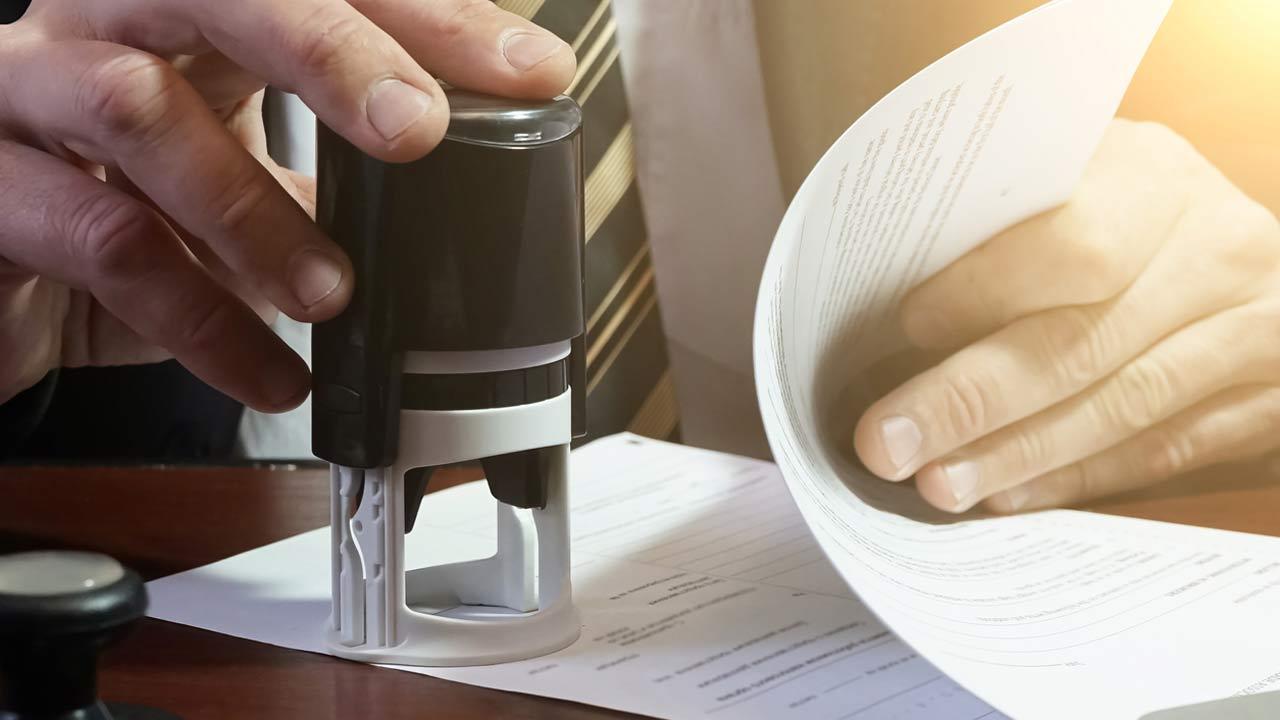Of the companies that have targets, only four companies meet the "gold standard", i.e. report air travel emissions and commit to reducing them by 50 per cent or more, by 2025 or sooner

Representative Image
The majority of Indian companies are failing to set ambitious targets to reduce corporate travel emissions, revealed a ranking on business travel by The Travel Smart Campaign on Wednesday. Globally, only 50 companies out of 322 have set targets to reduce business travel, with technology company Wipro paving the way in India.
ADVERTISEMENT
Of the companies that have targets, only four companies meet the "gold standard", i.e. report air travel emissions and commit to reducing them by 50 per cent or more, by 2025 or sooner. These are Novo Nordisk (pharmaceuticals, Denmark), Swiss Re (finance, Switzerland), Fidelity International (finance, Britain) and ABN Amro (finance, the Netherlands). Although all 10 Indian companies featured in the ranking report on business travel, only Tech Mahindra reports on air travel emissions specifically.
In the first-ever overview of reporting, including non-CO2 emissions related to business flying, the ranking finds that 40 companies are leading the way by reporting all greenhouse gas emissions associated with corporate flights. Pharmaceutical giants AstraZeneca and Pfizer and consulting companies Boston Consulting Group and Deloitte set the example by considering the full impact of flying in their reporting.
HCL Tech is the only Indian company that addresses the 'hidden part of the iceberg' of non-CO2 emissions associated with their air travel. The climate impact of business flying extends further than CO2 emissions. On top of CO2, aircraft engines emit other gases -- nitrous oxides, sulfur dioxide and water -- and particulate matter (soot). These are commonly referred to as non-CO2 emissions, and it is estimated that they account for two-thirds of total climate warming from flying.
Yet only very few companies reflect the total impact of business flights by accounting for non-CO2 effects. Denise Auclair, corporate travel manager at Transport & Environment, said: "It is encouraging to see advancements taking place in India which are being led mostly by the technology industry. We invite these technology companies to continue to work on their travel policies and demonstrate leadership to catalyse change in other industries."
Volkswagen, KPMG and Johnson & Johnson are the top three emitters of the Travel Smart Ranking without a target to reduce their travel emissions. But setting such targets is possible and necessary, as companies of similar size and sector like McKinsey, Deloitte and AstraZeneca have done so.
The study shows that if 10 per cent of companies -- the biggest emitters of the ranking -- set 50 per cent reduction targets, this would go half the way towards achieving the global target of minus 50 per cent in corporate air travel emissions by 2025. Reducing aviation emissions is now more crucial than ever, if we are to stay within 1.5 degrees Celsius of global warming.
For the critical decade until 2030, the best way to reduce aviation emissions is to fly less, as the timing for scale-up of sustainable fuels and zero-emissions aircraft is currently post-2030, and offsetting cannot substitute for reducing emissions. The Travel Smart Campaign invites companies to set ambitious targets to reduce corporate travel emissions, switch from air-to-rail travel where possible, and privilege virtual collaboration as a substitute to long-haul flying.
One way to achieve reduced flying among corporate entities in India is to get involved with cBalance's flagship 'FairTravel programme'. The organisation is working with pioneering IT and business process outsourcing and finance companies in India to help them reduce their air travel emissions and rethink their travel choices.
cBalance has been working with Wipro since 2015, helping them adopt a more responsible and fair business travel approach, providing carbon footprinting, bespoke training and communications support for corporate sustainability teams, among other things.
As a result, Wipro has achieved a 15-20 per cent reduction of air travel emissions, between the 2015 and 2020 period. Auclair concludes: "Large companies have a pivotal role to play in reducing their business travel emissions. The means to achieve this are more accessible than ever before: rail travel when distances permit it and virtual collaboration to avoid long-haul flights."
Also Read: 'People don’t know what a river is’, say Mumbai experts
This story has been sourced from a third party syndicated feed, agencies. Mid-day accepts no responsibility or liability for its dependability, trustworthiness, reliability and data of the text. Mid-day management/mid-day.com reserves the sole right to alter, delete or remove (without notice) the content in its absolute discretion for any reason whatsoever
 Subscribe today by clicking the link and stay updated with the latest news!" Click here!
Subscribe today by clicking the link and stay updated with the latest news!" Click here!







